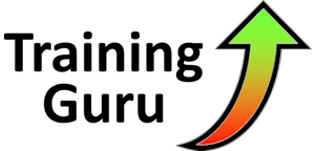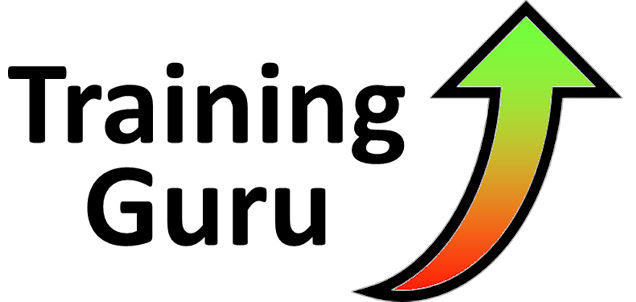With a great deal of sensitivity and respect. Having challenges in this area does not define us as people. Peter Arbery has dyslexia and battles to lower the impact it has in his life. We are supportive and use other Adult Learning techniques for learning when necessary, which gives strong learning outcomes.
Our experience tells us that if you want to create lasting change in the workplace and deliver really effective Corporate Training you will achieve the best results by taking the following steps.
- Have good dialogue in the planning stage to see that everyone involved in the training is in a partnership.
- One person cannot be totally responsible for the outcomes.
- Empower participants to understand what they can do.
- Up-skill and remind managers to encourage, recognise and reward new behaviours.
- Have senior management involved and supporting the project.
- Invite the trainer to keep in touch with each party to check on progress and offer support.
If there is a suitable space, we generally conduct training at your workplace. When this is not possible, we use venues which can be hired for this purpose. This can be organised by us but is always paid for by the organisation we are training.
This does make a difference. If done poorly, it can allow participants to feel undervalued and diminish the experience. It can dominate the feedback about the entire session.
At The Training Guru, we encourage organisations to provide healthy, light meals. We do not provide lollies for tables as these can make participants drowsy. We encourage water, tea, and coffee, with a small quantity of biscuits to help those who may not have had breakfast or are distracted by hunger.
We can train people with life experiences through to university education and leverage off the experience and diverse backgrounds in the room. In addition we promise every course we deliver includes content, delivery, and activities that are constructed, and delivered to support different Adult Learning styles including Visual, Auditory, Reading/Writing, and Kinesthetic.
We work on skills and give your people the chance to use these in a fun, safe, and interactive way. We involve participants as people learn more when they are active. Content is only part of the process and our courses include practical application and robust collaboration.
All learning styles are considered but we understand that no one way to learn is the right way. So we listen and adapt to our participants needs.
Most people, unless they have a flair for the theatrics, do not enjoy “role-playing”. We generally do not see the need for this type of experience. We encourage people to pair up, talk about how they are going to use skills, and practise using skills this way. It feels safe and there is a natural growth during this scenario based training.
Absolutely! We recognise a large percentage of people learn best by doing. We do not have ropes and canoes, but we do know people we would happily recommend for this type of experience. Our experiential learning can occur both indoors and outdoors and is closely linked to what your people will do when they return from training back to their roles.
This has some implications, both for groups being too small and too large.
Smaller sessions; create a more intimate group dynamic, but also limits the scope for new ideas, knowledge and experiences. Participants work harder but also have more of questions answered.
Larger Sessions; The largest sessions we generally like are around 20 people. The exception here is when we have highly experiential activities where we might have over a hundred people working on adventures. For these we increase our number of people who help run the session, ensuring good learning outcomes.
Leadership training; In our experience, groups over 14 have less impact. There is less personal interaction, and hence people reflect on their own situation more internally, which does not open up opportunities for guidance.
We are not an RTO, and the training and programs offered through The Training Guru do not lead to a qualification such as Certificate I-IV or Diploma.
We do offer a certificate of completion for all participants, which acts as a tangible recognition of achievement and a reminder of the skills learnt, without it being a government recognised qualification.

